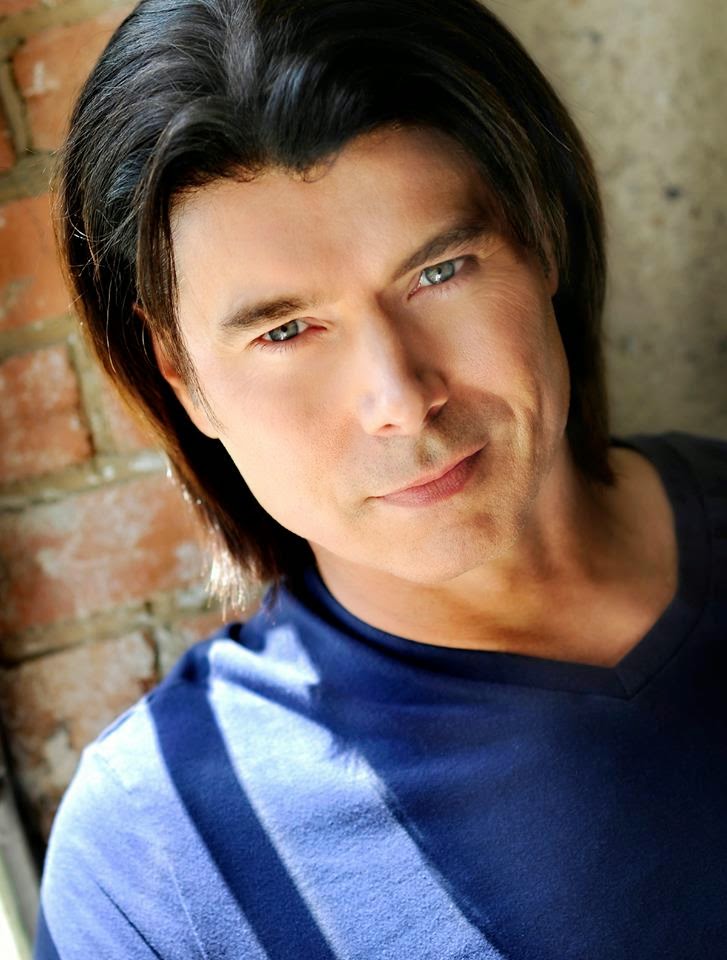Overrated by Eugene Cho asks if we are more in love with changing the world than we are in actually changing it. Many people want to change the world, but Eugene Cho found out that it takes more than a simple desire to change it. You need a plan of action, and you need to put thought into that plan. We live in a world where people think they have made a tremendous impact if they share something as a Facebook status or as their profile picture. And, we can't forget the power and promise of the #hashtag.
Eugene Cho talks about first seeing what changes you need to make within yourself. There are many who choose short term mission trips, but not always for the right reason. Did you do it to make yourself feel better or out of love for others. Feel-goodism may make you feel good about yourself, but be sure that more was accomplished. Sometimes our acts do more harm than good. We want to give and make life easier for others who are under tremendous burdens, but showing someone how to find methods of helping themselves is more important. You also want to point people to a relationship with Jesus. As Cho pointed out, too many of us have a "Messiah complex" and think we are supposed to save others (rather than pointing them to the only One who can save them) instead of showing them a way to keep dignity intact.
There was quite a bit in the book that I agreed with, especially in terms of many mission trips. I am in favor of them, and have seen lives impacted, but I have also seen too many instances of when the money could have been spent in a wiser way. Cho's views also resonated with thoughts I have had more and more about a food ministry I am involved with. We meet genuine needs, but we also set up a pattern of entitlement with some. Is helping others to break a cycle of poverty not showing the love of Jesus than simply letting people care only about a handout? I want to show my love for Jesus, and to love the people with whom I come in contact with. When they become merely numbers on a report, it is time for a heart check. Really good book that gives you some things to think about. Also, check out more of the work Eugene and others do at One Day's Wages.
Eugene Cho talks about first seeing what changes you need to make within yourself. There are many who choose short term mission trips, but not always for the right reason. Did you do it to make yourself feel better or out of love for others. Feel-goodism may make you feel good about yourself, but be sure that more was accomplished. Sometimes our acts do more harm than good. We want to give and make life easier for others who are under tremendous burdens, but showing someone how to find methods of helping themselves is more important. You also want to point people to a relationship with Jesus. As Cho pointed out, too many of us have a "Messiah complex" and think we are supposed to save others (rather than pointing them to the only One who can save them) instead of showing them a way to keep dignity intact.
There was quite a bit in the book that I agreed with, especially in terms of many mission trips. I am in favor of them, and have seen lives impacted, but I have also seen too many instances of when the money could have been spent in a wiser way. Cho's views also resonated with thoughts I have had more and more about a food ministry I am involved with. We meet genuine needs, but we also set up a pattern of entitlement with some. Is helping others to break a cycle of poverty not showing the love of Jesus than simply letting people care only about a handout? I want to show my love for Jesus, and to love the people with whom I come in contact with. When they become merely numbers on a report, it is time for a heart check. Really good book that gives you some things to think about. Also, check out more of the work Eugene and others do at One Day's Wages.
Eugene is the founder and visionary of One Day’s Wages, a
grassroots movement of people, stories, and actions to alleviate extreme global
poverty. He is the founder and senior pastor of Quest Church, an urban,
multicultural, and multigenerational church in Seattle, Washington. Eugene and
his wife, Minhee, have three children.
“Disclosure
(in accordance with the FTC’s 16 CFR, Part 255: “Guides Concerning the
Use of Endorsements and Testimonials in Advertising”): I received a copy of this book from Propeller Consulting, LLC in exchange for an honest review.
#OverratedBook













